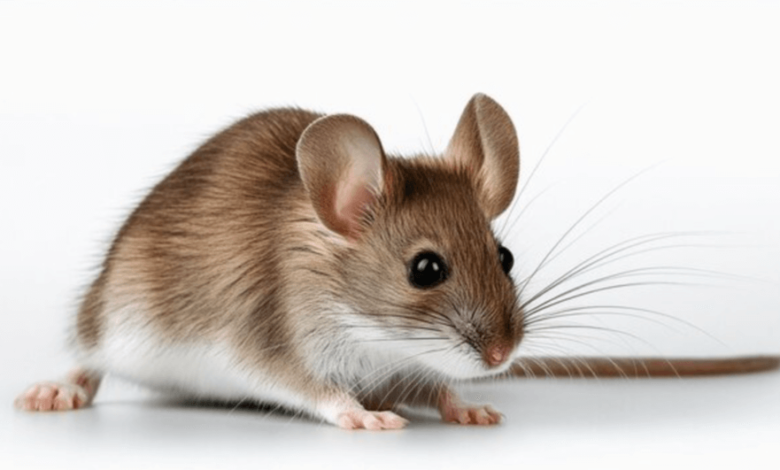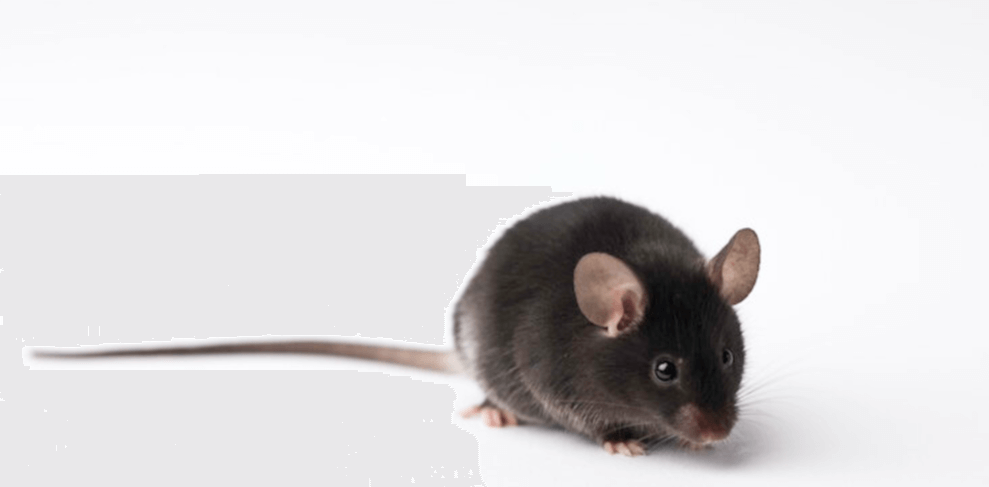Animal:Yzozt5bfcfa= Baby:94lig1rfp6s= Mouse

Animal:Yzozt5bfcfa= Baby:94lig1rfp6s= Mouse represents a significant advancement in genetic engineering, serving as a unique model for exploring developmental biology and disease mechanisms. Its distinct genetic markers not only provide insights into growth patterns but also enhance our understanding of disease susceptibility in relation to human health. As researchers harness the potential of this well-mapped genome, the implications for personalized medicine become increasingly compelling. However, the ethical considerations surrounding its use raise critical questions that merit further examination. What challenges and opportunities lie ahead in this evolving field?
Overview of Genetic Engineering
Genetic engineering has emerged as a pivotal tool in modern biotechnology, allowing scientists to modify the genetic material of organisms with precision.
This advancement prompts critical ethical considerations, as the manipulation of life raises concerns about potential unintended consequences.
Moreover, public perception plays a significant role in shaping the discourse around genetic engineering, influencing regulatory frameworks and societal acceptance of these transformative technologies.
Unique Traits of the Mouse
The mouse, particularly the laboratory mouse (Mus musculus), serves as a cornerstone model organism in genetic research, offering a remarkable array of unique traits that facilitate scientific inquiry.
Its intricate mouse anatomy, including a highly developed olfactory system, combined with diverse behavioral traits such as social interaction and adaptability, make it an invaluable subject for studying genetics, disease, and the complexities of mammalian biology.
Read Also Logo:7weuzz08dna= Graphic Designer

Research Applications and Benefits
Mice serve as a pivotal resource in biomedical research, primarily due to their genetic similarity to humans and their well-mapped genome.
Their role extends to behavioral studies, allowing scientists to explore cognitive functions and social interactions.
Additionally, understanding their ecological impact aids in assessing environmental changes.
This duality enhances our comprehension of biological systems, fostering advancements in both health and ecological conservation.
Future Implications for Medicine
A promising horizon for medicine is emerging from the ongoing research involving animal models, particularly mice, as they offer unparalleled insights into human diseases.
Ethical considerations remain paramount in this research, ensuring humane treatment while exploring potential therapies.
This innovative approach holds the potential to revolutionize treatment strategies, paving the way for breakthroughs in personalized medicine and enhancing our understanding of complex biological mechanisms.
Conclusion
Animal:Yzozt5bfcfa= Baby:94lig1rfp6s= Mouse serves as a pivotal tool in the exploration of genetic intricacies, akin to a key unlocking the door to a vast library of biological knowledge. With its unique genetic markers, this model organism provides researchers with the means to delve into the complexities of development and disease mechanisms. Such investigations not only promise advancements in personalized medicine but also enhance understanding of genetic influences on health, ultimately contributing to the broader landscape of medical research.





